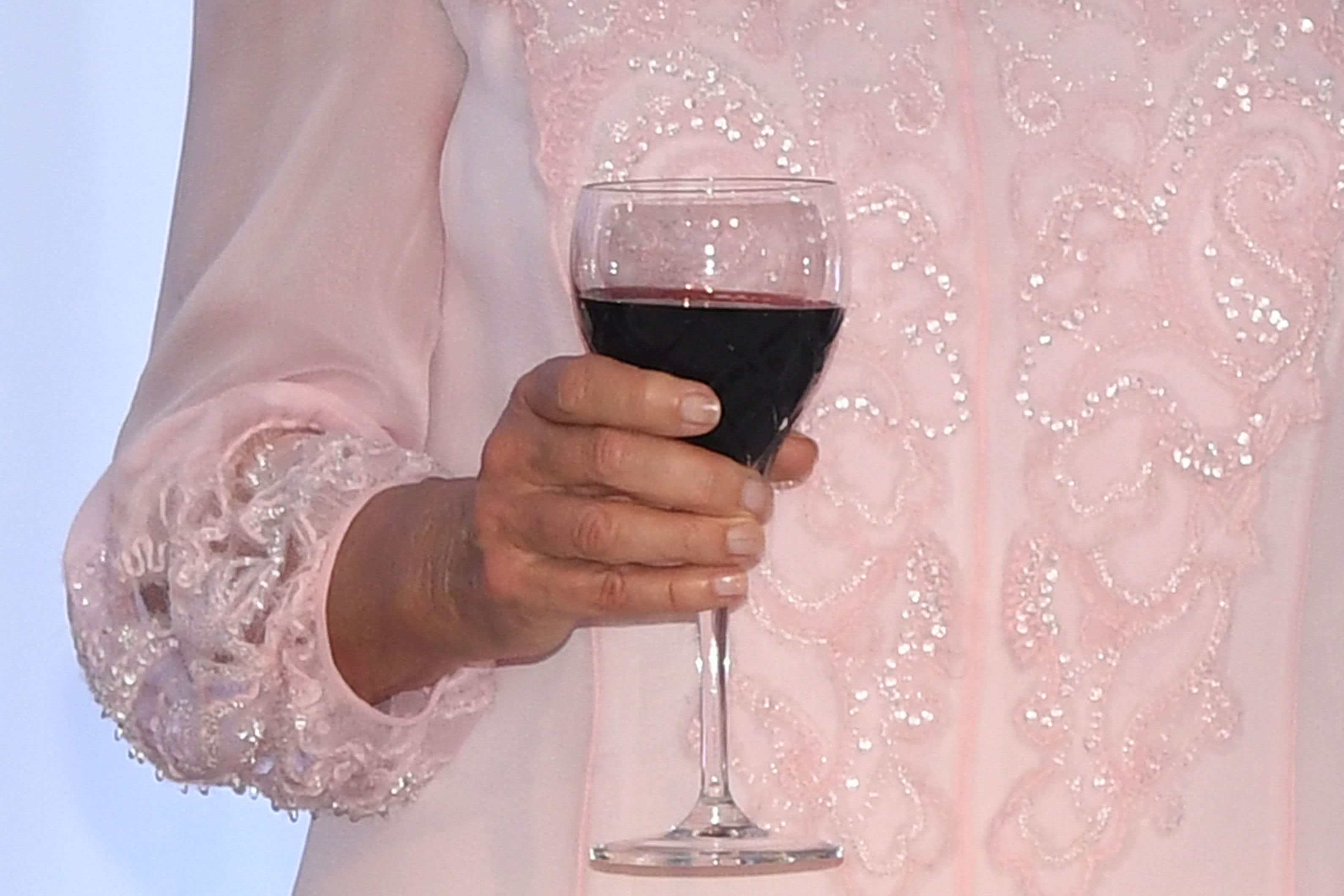Study looks at if the French Paradox of a glass of wine a day is actually a myth
The French paradox, popularised in the 1990s, claimed red wine helps explain why France hasrelatively low rates of heart disease

Your support helps us to tell the story
From reproductive rights to climate change to Big Tech, The Independent is on the ground when the story is developing. Whether it's investigating the financials of Elon Musk's pro-Trump PAC or producing our latest documentary, 'The A Word', which shines a light on the American women fighting for reproductive rights, we know how important it is to parse out the facts from the messaging.
At such a critical moment in US history, we need reporters on the ground. Your donation allows us to keep sending journalists to speak to both sides of the story.
The Independent is trusted by Americans across the entire political spectrum. And unlike many other quality news outlets, we choose not to lock Americans out of our reporting and analysis with paywalls. We believe quality journalism should be available to everyone, paid for by those who can afford it.
Your support makes all the difference.Experts have looked into the suggestion a glass of wine a day is good for you, with results not everyone will be happy about.
Studies indicating that it may be beneficial to drink small amounts of alcohol are low quality and often compare moderate drinkers with those who have had to give up for health reasons, a new study suggests.
Moderate drinking still carries some potential health hazards, including increased risk of certain cancers, experts said.
In the studies analysed by lead researcher Tim Stockwell, of the Canadian Institute for Substance Use Research at the University of Victoria, moderate drinkers were compared with “abstainer” and “occasional drinker” groups.
Dr Stockwell said: “That makes people who continue to drink look much healthier by comparison.”
The researchers looked at 107 published studies, and when they combined all the data, it looked like light to moderate drinkers (those who drank between one drink per week and two per day) had a 14% lower risk of dying during the study period compared with abstainers.
However, a handful of higher quality studies that included people who were relatively young at the start, and that made sure former and occasional drinkers were not considered “abstainers”, did not link moderate drinking to a longer life.

According to the study, published in the Journal Of Studies On Alcohol and Drugs, it was the lower quality studies – those with older people, and no distinction between former drinkers and lifelong abstainers – that linked moderate drinking to greater longevity.
“If you look at the weakest studies, that’s where you see health benefits,” he said.
“There is simply no completely ‘safe’ level of drinking,” Dr Stockwell added.
The notion that moderate drinking leads to a longer, healthier life goes back decades and Dr Stockwell pointed to the “French paradox” as an example.
This is the idea, popularised in the 1990s, that red wine helps explain why the French enjoy relatively low rates of heart disease, despite a rich, fatty diet.
The NHS states that the previously held position that some level of alcohol was good for the heart has been revised.
The website says: “It’s now thought that the evidence on a protective effect from moderate drinking is less strong than previously thought.”
Drinking less than 14 units a week is considered low-risk drinking but it is called “low risk” rather than “safe” because there is no safe drinking level, according to the NHS.